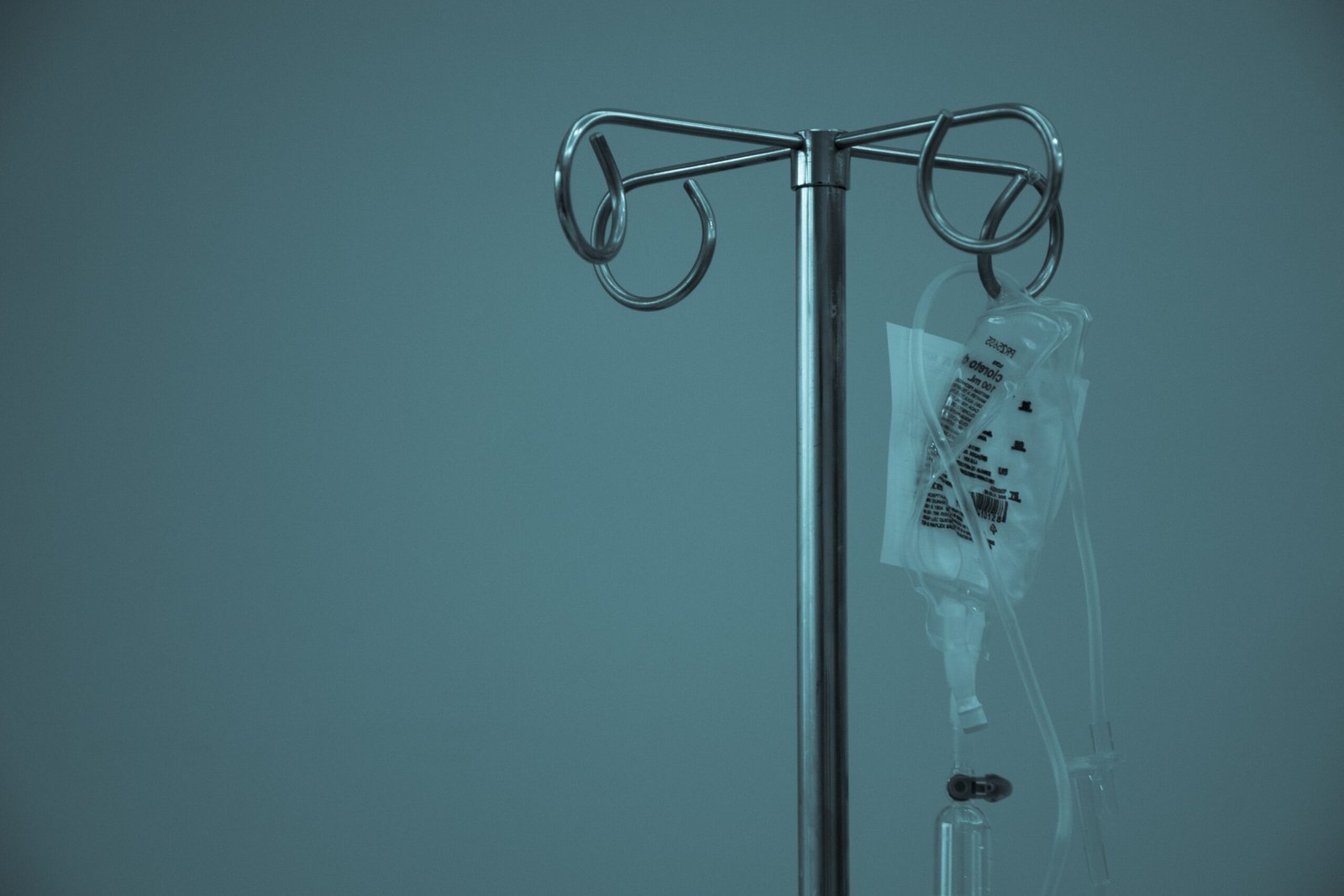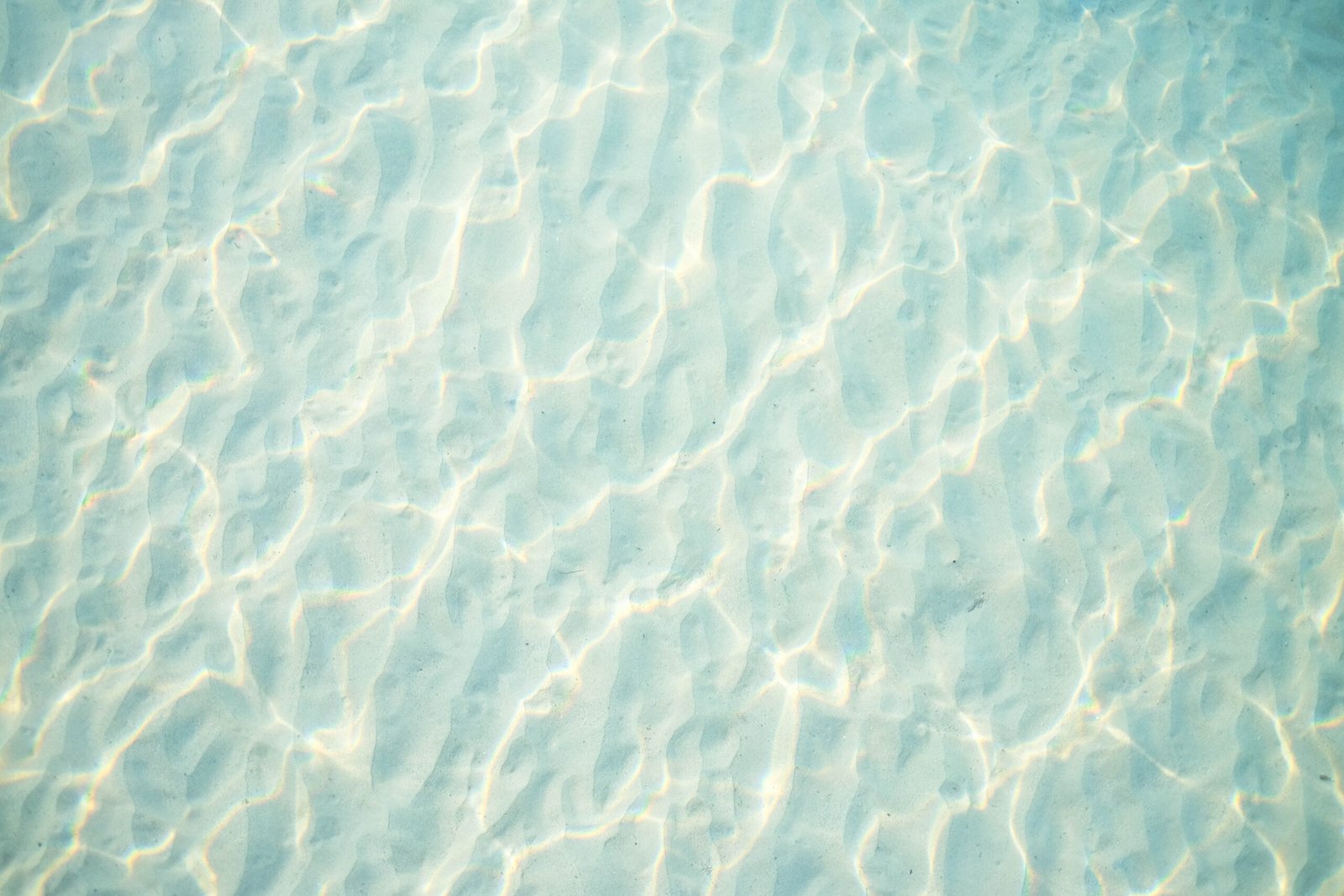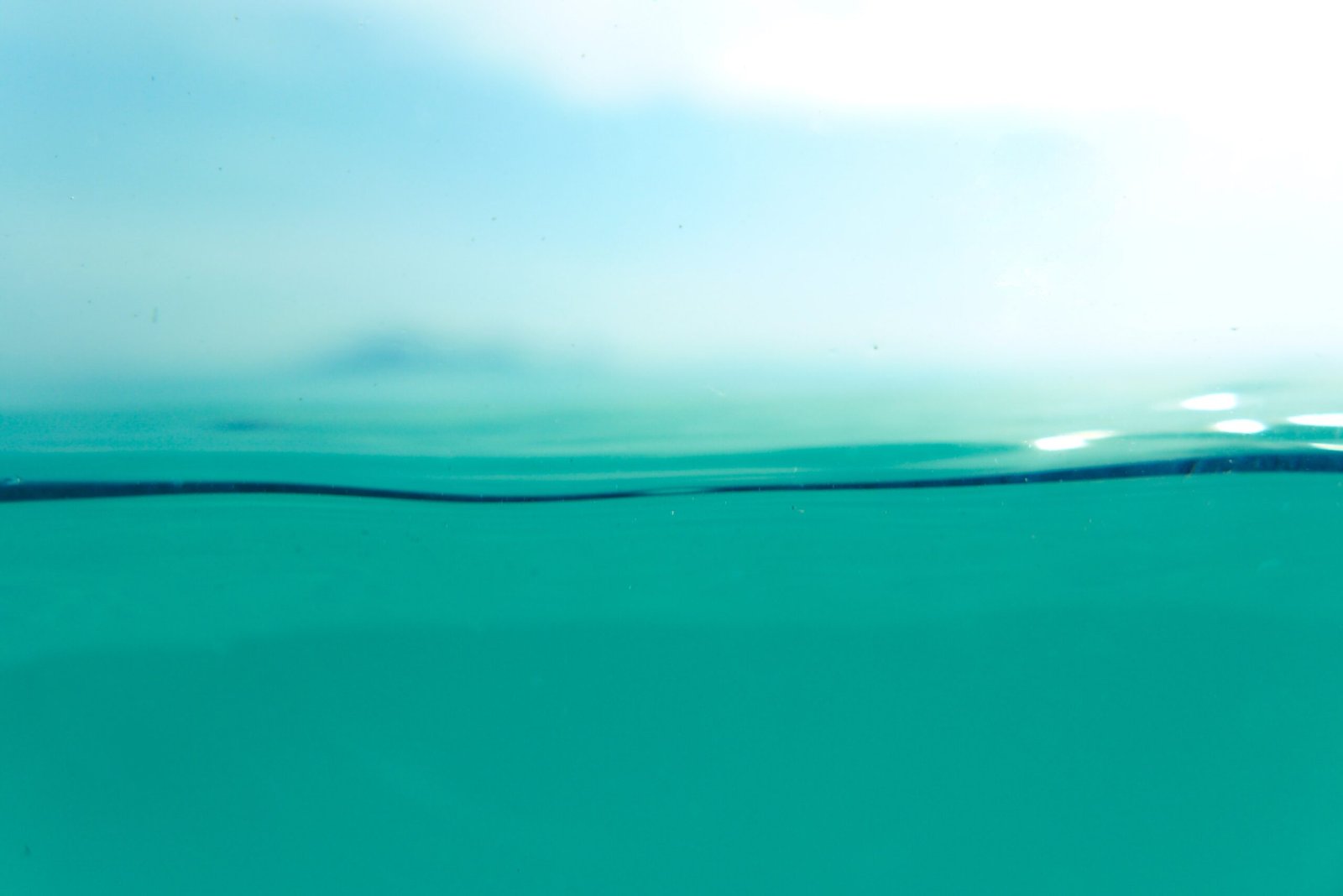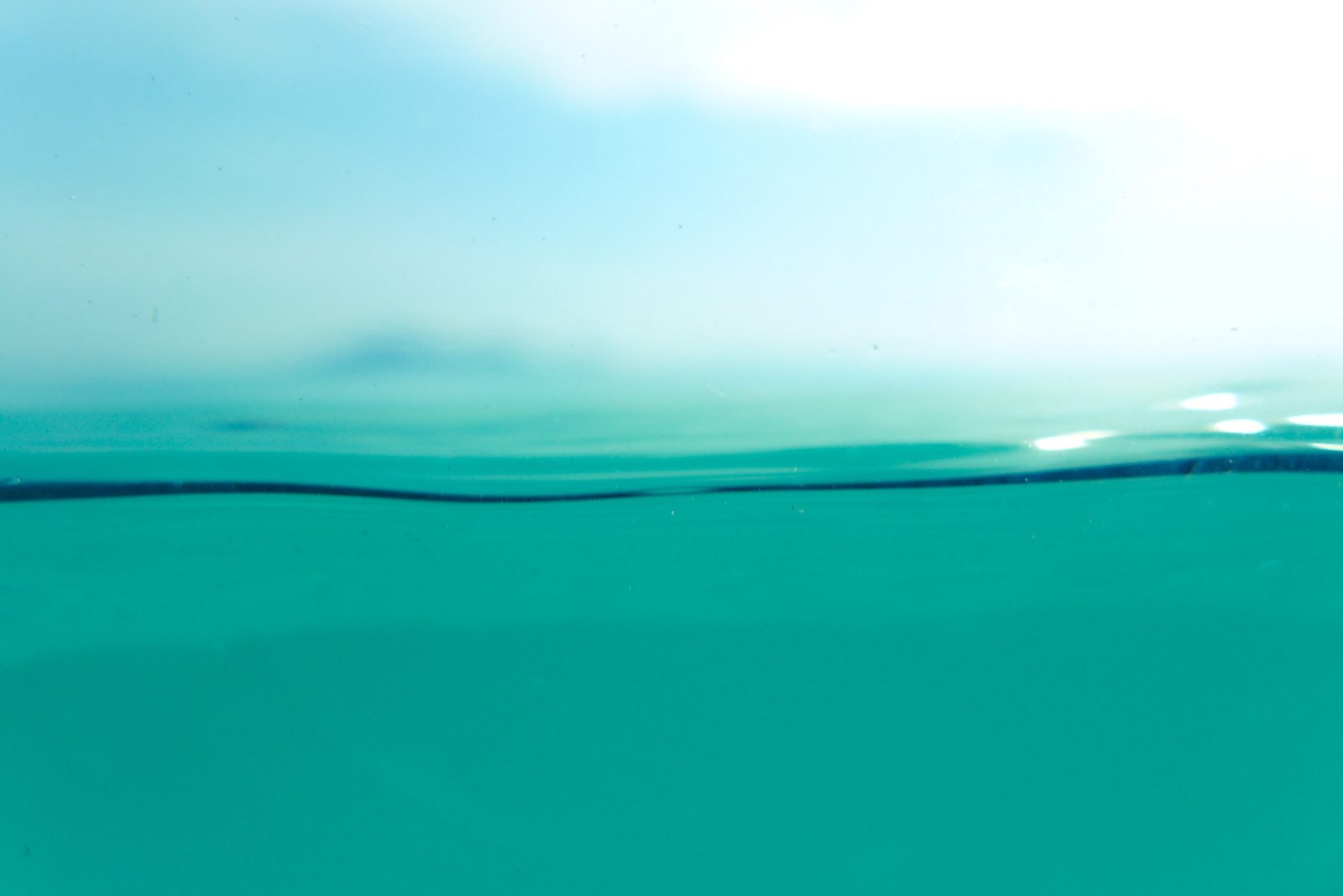So you’ve heard about the Mediterranean diet and how it’s good for your heart, but did you know that it could also help prevent kidney stones? It’s true! In this article, we’ll explore how following a Mediterranean diet can be an effective way to reduce the risk of developing kidney stones. From the types of foods to eat, to the ones to avoid, we’ll dive into the details of this approach and uncover why it’s worth considering for your kidney health. So, grab a seat and let’s embark on this journey of kidney stone prevention through the Mediterranean diet.

This image is property of images.unsplash.com.
Benefits of the Mediterranean Diet
Reduced risk of kidney stones
Following a Mediterranean diet can significantly reduce the risk of developing kidney stones. This diet emphasizes whole, natural foods, which provide the body with a wealth of health benefits. By making healthy choices and incorporating specific foods into your daily routine, you can lower the chances of experiencing the discomfort and complications associated with kidney stones.
Promotes overall kidney health
The Mediterranean diet not only reduces the risk of kidney stones but also promotes overall kidney health. This eating plan encourages the consumption of nutrient-rich foods that support proper kidney function and help prevent various kidney-related issues. By adopting the Mediterranean diet, you are taking an active step towards maintaining optimal kidney health in the long run.
Provides essential nutrients
One of the key advantages of the Mediterranean diet is that it provides essential nutrients that support overall well-being. By including a variety of fruits, vegetables, whole grains, lean proteins, and healthy fats, you are ensuring that your body receives the necessary vitamins, minerals, and antioxidants it needs to thrive. This nutrient-dense diet can help improve your kidney function and prevent the formation of kidney stones.
Understanding Kidney Stones
Types of kidney stones
There are different types of kidney stones, each with its own composition. The most common types include calcium oxalate stones, uric acid stones, and struvite stones. Understanding the composition of your kidney stones can help guide your dietary choices and ensure that you are taking the appropriate preventive measures.
Causes of kidney stones
Kidney stones can form due to various reasons, including dehydration, certain medical conditions, family history, and dietary factors. Understanding the causes can help you make necessary changes to your lifestyle and diet to reduce the risk of stone formation.
Symptoms of kidney stones
The symptoms of kidney stones may vary depending on the size and location of the stone. Common symptoms include severe pain in the back or abdomen, frequent urination, blood in the urine, and nausea. If you experience any of these symptoms, it is important to seek medical attention promptly for proper diagnosis and treatment.
Role of Diet in Preventing Kidney Stones
Importance of diet in kidney stone prevention
Diet plays a crucial role in the prevention of kidney stones. By making dietary modifications, you can control the levels of certain substances in your urine that contribute to stone formation. Incorporating the right foods and avoiding certain foods can help reduce the chances of developing kidney stones.
Foods to avoid
When it comes to preventing kidney stones, there are certain foods that should be limited or avoided. Foods high in oxalate, such as spinach, nuts, and chocolate, should be consumed in moderation. Additionally, reducing sodium intake is important, as high levels of sodium can lead to increased calcium levels in the urine.
Foods to include
On the other hand, there are numerous foods that can be included in your diet to promote kidney stone prevention. These include fruits and vegetables, whole grains, lean proteins, and low-fat dairy products. Adhering to a Mediterranean diet can help you incorporate these foods seamlessly into your daily routine.
The Mediterranean Diet
Overview of the Mediterranean diet
The Mediterranean diet is a way of eating that is based on the traditional dietary patterns of countries bordering the Mediterranean Sea. It prioritizes whole, minimally processed foods, with an emphasis on plant-based ingredients. The diet is characterized by high consumption of fruits, vegetables, legumes, whole grains, fish, and olive oil.
Key components of the Mediterranean diet
The key components of the Mediterranean diet include:
-
Plant-based foods: Fruits, vegetables, legumes, nuts, and seeds form the foundation of the diet.
-
Healthy fats: Olive oil is the primary source of fat in the Mediterranean diet, providing essential monounsaturated fats.
-
Lean proteins: Fish and seafood are preferred sources of protein, followed by poultry, eggs, and dairy products.
-
Whole grains: Whole grains like brown rice, quinoa, and whole wheat bread are consumed in moderation.
-
Moderate red wine consumption: In moderation, red wine can be enjoyed as part of the Mediterranean diet, but it is not necessary for kidney stone prevention.
Scientific evidence supporting the Mediterranean diet
Numerous studies have shown the positive impact of the Mediterranean diet on overall health, including kidney stone prevention. Its emphasis on whole, nutrient-dense foods has been associated with a reduced risk of kidney stones, as well as other chronic conditions such as heart disease and diabetes.

This image is property of images.unsplash.com.
Effect of the Mediterranean Diet on Kidney Stone Prevention
Reduction in stone formation
The Mediterranean diet has been found to reduce the formation of kidney stones. This is attributed to its emphasis on plant-based foods, which are low in oxalate content and high in essential nutrients. By following the Mediterranean diet, you can help prevent the crystallization of substances that lead to stone formation.
Dissolution of existing stones
In addition to reducing the formation of new stones, the Mediterranean diet may also aid in the dissolution of existing stones. By consuming a diet rich in fluids and foods that support kidney health, you can create an environment in which small stones may dissolve or pass more easily.
Impact on urine composition
The Mediterranean diet can positively influence the composition of your urine, reducing the risk of stone formation. It promotes a balanced diet that includes an appropriate intake of calcium, which helps bind with oxalate in the digestive tract, preventing it from being absorbed into the bloodstream and subsequently excreted in the urine.
Hydration and the Mediterranean Diet
The role of hydration in preventing kidney stones
Proper hydration is crucial for kidney stone prevention. Drinking an adequate amount of water helps dilute the substances responsible for stone formation and promotes regular urine flow. By staying properly hydrated, you can reduce the concentration of minerals in your urine, decreasing the likelihood of stone development.
Water as the preferred beverage
Water should be your go-to beverage when following the Mediterranean diet for kidney stone prevention. It is calorie-free, readily available, and the most effective way to stay hydrated. Aim to drink at least 8 cups (64 ounces) of water per day, or more if you engage in intense physical activity or live in a hot climate.
Incorporating hydrating foods in the diet
In addition to drinking water, you can also incorporate hydrating foods into your Mediterranean diet. Fruits and vegetables with high water content, such as cucumbers, watermelons, and lettuce, can contribute to your overall hydration. These foods not only provide essential nutrients but also help maintain optimal fluid balance in the body.

This image is property of images.unsplash.com.
Specific Nutrients in the Mediterranean Diet
Calcium
Calcium is an important nutrient for kidney stone prevention. Contrary to popular belief, a moderate intake of calcium can actually help prevent stone formation by binding to oxalate in the digestive tract. The Mediterranean diet includes calcium-rich foods such as low-fat dairy products, leafy greens, and fortified plant-based milks to ensure adequate calcium intake.
Vitamin D
Vitamin D plays a role in calcium metabolism and absorption, making it important for kidney stone prevention. The Mediterranean diet emphasizes obtaining vitamin D from sunlight through appropriate sun exposure. If sunlight exposure is limited, vitamin D can also be obtained through dietary sources such as fatty fish like salmon, eggs, and fortified foods.
Potassium
Potassium is another essential nutrient found abundantly in the Mediterranean diet. It helps regulate fluid balance and kidney function, supporting the prevention of kidney stones. Potassium-rich foods that can be enjoyed on the Mediterranean diet include bananas, oranges, avocados, and tomatoes.
Addressing Salt Intake
Effects of excessive salt intake on kidney stone formation
High salt intake can increase the risk of kidney stone formation. Excess sodium in the diet leads to increased calcium excretion in the urine, which contributes to stone formation. Limiting salt intake can help maintain proper calcium balance and reduce the risk of stone development.
Tips for reducing salt intake
To reduce salt intake, it is important to be mindful of the foods you eat. Avoiding processed and packaged foods that are high in sodium is a good practice. Instead, focus on preparing meals at home using fresh ingredients and herbs and spices for flavor. Gradually reduce the amount of salt you use in cooking and at the table to allow your taste buds to adjust.
Alternative seasonings and spices
To add flavor to your meals while reducing salt intake, experiment with herbs and spices. There are countless options available, such as basil, oregano, rosemary, turmeric, and cinnamon, to name a few. Not only will these seasonings enhance the taste of your dishes, but they also provide additional health benefits due to their antioxidant and anti-inflammatory properties.
Incorporating Healthy Fats
The importance of healthy fats in the Mediterranean diet
Healthy fats, such as monounsaturated and polyunsaturated fats, are an integral part of the Mediterranean diet. These fats are essential for various bodily functions and can contribute to kidney stone prevention. They help maintain healthy cholesterol levels and reduce inflammation, which is important for overall kidney health.
Sources of healthy fats
The Mediterranean diet includes various sources of healthy fats, with olive oil being the primary fat used in cooking and as a dressing. Other sources of healthy fats include avocados, nuts (such as almonds and walnuts), and fatty fish (like salmon and sardines). Incorporating these foods into your Mediterranean diet can provide the necessary healthy fats your body needs.
Cooking methods to preserve healthy fats
To harness the benefits of healthy fats in the Mediterranean diet, it is important to use appropriate cooking methods. Opt for grilling, baking, steaming, or sautéing instead of deep-frying or heavily coating foods in oil. These methods help preserve the quality of the fats and maintain their health benefits.
Additional Lifestyle Recommendations
Regular physical activity
In addition to following the Mediterranean diet, regular physical activity is a crucial aspect of kidney stone prevention. Exercise helps maintain a healthy weight, promotes proper kidney function, and stimulates urine production. Aim for at least 150 minutes of moderate aerobic activity or 75 minutes of vigorous aerobic activity per week, along with strength training exercises.
Maintaining a healthy weight
Maintaining a healthy weight is important for kidney stone prevention. Obesity and excess body weight can increase the risk of stone formation. By adopting the Mediterranean diet and engaging in regular physical activity, you can achieve and maintain a healthy weight, reducing the likelihood of kidney stone development.
Reducing stress levels
Stress can have negative effects on overall health, including kidney health. High levels of stress can contribute to dehydration and poor dietary choices, increasing the risk of kidney stones. Incorporating stress-reducing activities such as mindfulness, meditation, and relaxation techniques can help promote overall well-being and support kidney stone prevention.
In conclusion, the Mediterranean diet presents a holistic approach to kidney stone prevention. By incorporating a wide variety of nutrient-dense foods, emphasizing hydration, and adopting a healthy lifestyle, you can significantly reduce the risk of kidney stone formation. Remember to consult with a healthcare professional before making any significant dietary changes for personalized guidance and recommendations.

